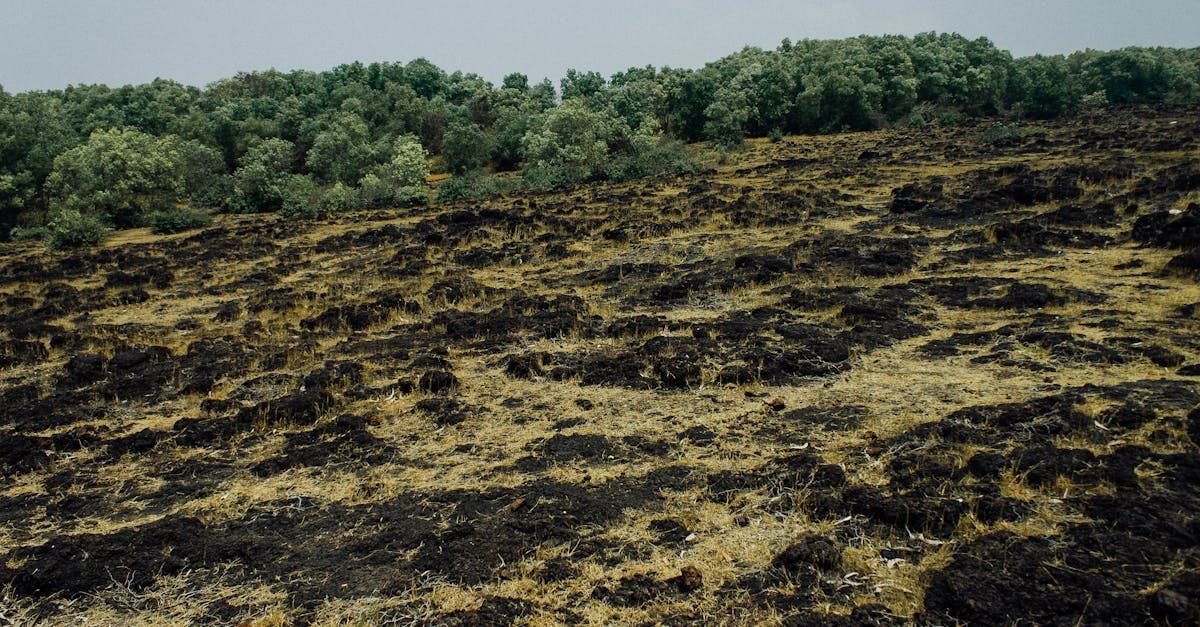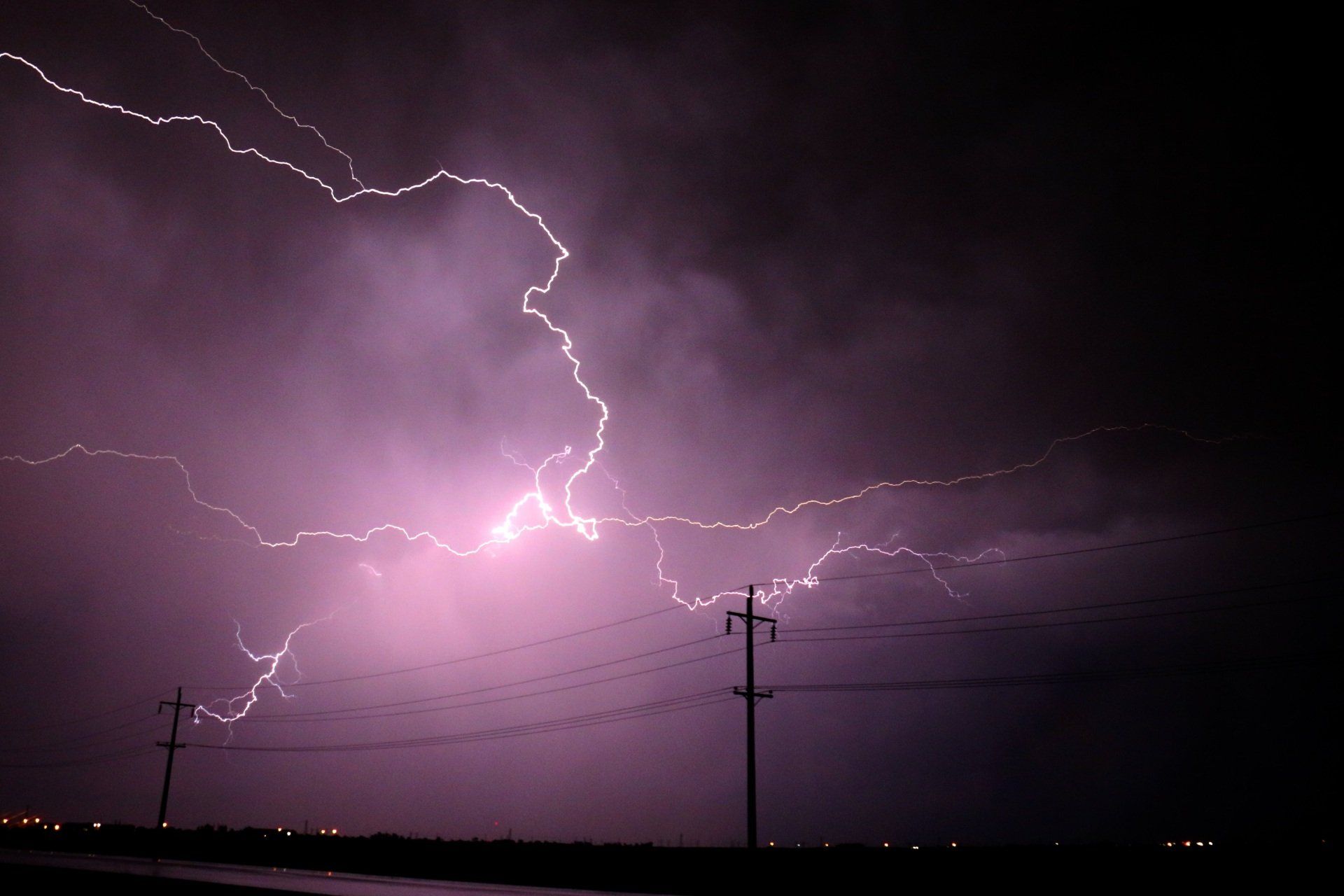Toxic Waste Disposal and Liability
Toxic waste disposal is a complex issue that has serious implications for the environment and human health. When mishandled, it can lead to contamination of water, soil, and air, impacting both ecosystems and communities.
Understanding Toxic Waste
Toxic waste refers to any unwanted material in liquid, solid, sludge, or gas form that can harm humans, animals, or the environment. These materials can be found in various industries, including manufacturing, mining, and agriculture.
Legal Framework and Regulations
In many jurisdictions, there are stringent laws governing the disposal of toxic waste to prevent harm. These regulations often require the proper treatment, storage, and disposal of hazardous materials and mandate reporting and monitoring to ensure compliance. At the federal level, the Resource Conservation and Recovery Act (RCRA) and the Comprehensive Environmental Response, Compensation, and Liability Act (CERCLA) form the basis for toxic waste regulation. These hold both current and past owners and operators responsible for contamination, regardless of whether they caused it.
Liability for Damages and Injury
Under these regulations, parties involved in the production, transportation, or disposal of toxic waste can be held liable for any damage or injury caused by improper handling. Liability can extend to various parties, including:
- Generators: Those who produce the waste
- Transporters: Those responsible for moving the waste
- Disposers: Those who treat or dispose of the waste
- Landowners: Owners of contaminated property
Liability is often strict, meaning that those involved can be held responsible even without proof of negligence. In some cases, multiple parties may be jointly and severally liable, meaning that each party could be responsible for the entire amount of damages.
Impact on Victims
The improper disposal of toxic waste can have dire consequences for communities, leading to health issues such as cancer, respiratory problems, and birth defects. Additionally, contamination can reduce property values and hinder economic development.
Victims Seeking Legal Redress from Toxic Waste Exposure
Victims affected by toxic waste have several legal avenues to seek redress:
- Gather Evidence: Document all potential exposure to toxic waste and related health issues. This may include medical records, photographs, witness testimonies, and any communication with responsible parties.
- Consult with an Attorney: Seek an injury or environmental lawyer with experience in representing injured plaintiffs in toxic waste cases. They can assess the merits of the case, identify liable parties, and guide you through the legal process.
- File a Claim: Depending on the situation, victims may file a personal injury lawsuit, a property damage claim, or participate in a class-action lawsuit. A lawyer can help determine the most appropriate avenue.
- Engage in Discovery: This phase involves gathering information from all parties involved. It may include depositions, interrogatories, and document requests.
- Negotiate a Settlement or Go to Trial: Many toxic waste cases are resolved through settlements. If a settlement cannot be reached, the case may proceed to trial.
- Seek Government Intervention: In some situations, government agencies may step in to clean up contamination and pursue legal action against responsible parties. Victims can work with these agencies to ensure their interests are represented.
- Consider Long-Term Monitoring and Support: Ongoing medical monitoring and community support may be necessary, especially in cases of severe contamination.
Consult with Legal Counsel
Toxic waste disposal is a critical issue that demands serious attention from both regulators and industry stakeholders. Strict enforcement of regulations, combined with community vigilance, can help prevent the devastating effects of improper disposal. Victims of toxic waste must act promptly and consult legal experts to ensure that their rights are protected. Through proper legal channels, they can hold responsible parties accountable and seek compensation for their losses.
The complexities of toxic waste disposal laws require specialized legal expertise, making it essential for victims to engage with attorneys well-versed in injury law and environmental law. The legal landscape is challenging, but with the right guidance, victims can navigate it successfully and obtain the justice they deserve.
MORE ALABAMA INJURY LAW NEWS






OUR LAW FIRM IS HERE TO HELP
Contact our Birmingham, Alabama Injury Lawyers Today for Legal Help
Have you or a family member recently been injured in an accident in Alabama? Contact Snable Stevenson & Silva for immediate legal assistance and advice. You may be able to pursue compensation for your medical bills, lost wages, and other expenses. Our qualified Alabama injury lawyers can help you fight to secure a full and fair award.
We offer a free case evaluation and consultation. Contact our law office in Birmingham, Alabama to schedule yours today. If you can’t come to us, we can arrange a time to visit you. Consultations can be arranged at the hospital, your home, or even your place of business. There’s a limited amount of time to act, so give us a call to get started today.
FREE CASE EVALUATION
GET STARTED
Thank you for submitting a request.
Our team will follow up with you as soon as possible.
There was an error sending your message.
Please try again later.
(800) 266-0877 • attorneys@snablestevenson.com
(205) 582-8000 • 2737 Highland Ave South, Birmingham, AL 35205
(901) 474-2900 • 1545 Union Ave, Memphis, TN 38104
This website is an advertisement for legal services. No representation is made that the quality of the legal services to be performed is greater than the quality of legal services performed by other lawyers. Use of this website signifies your agreement to the Terms of Use, Privacy Policy, and Form Disclaimer.
Snable Stevenson & Silva L.L.C.

